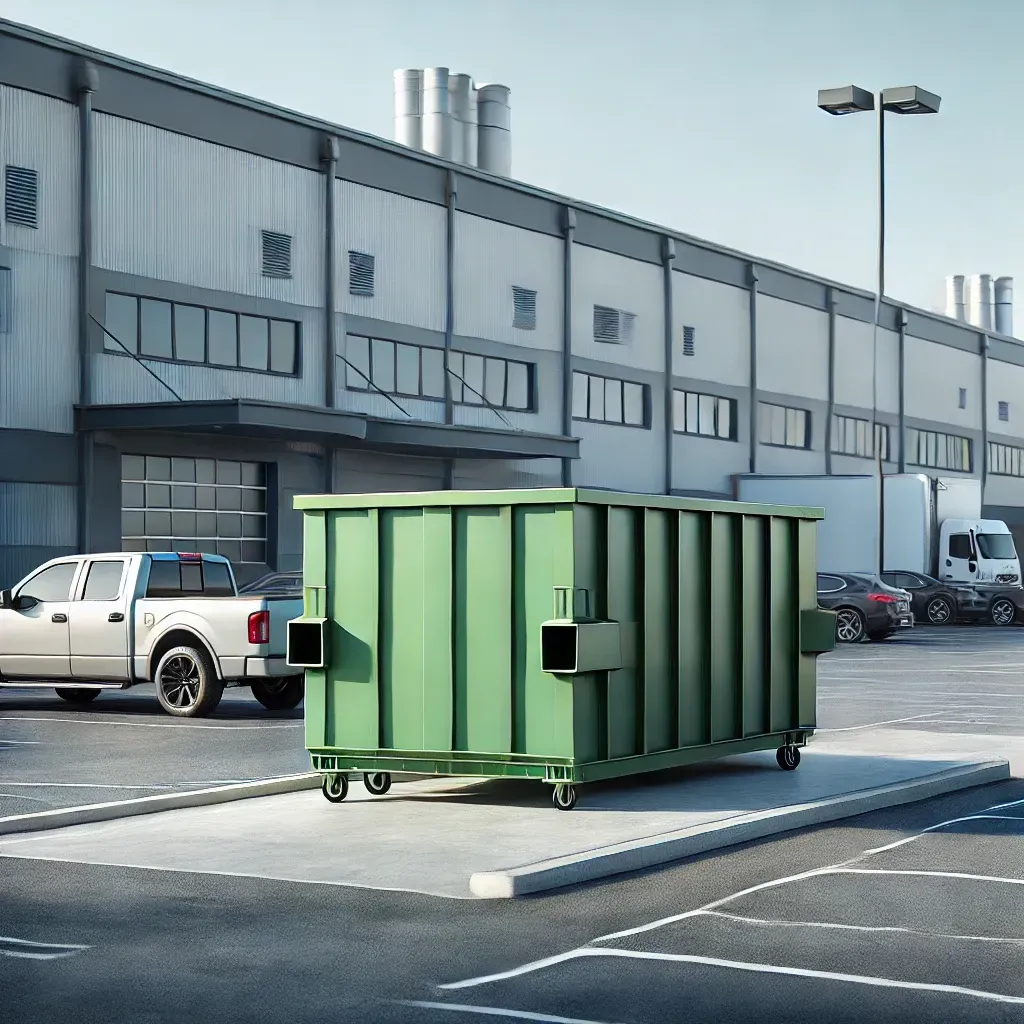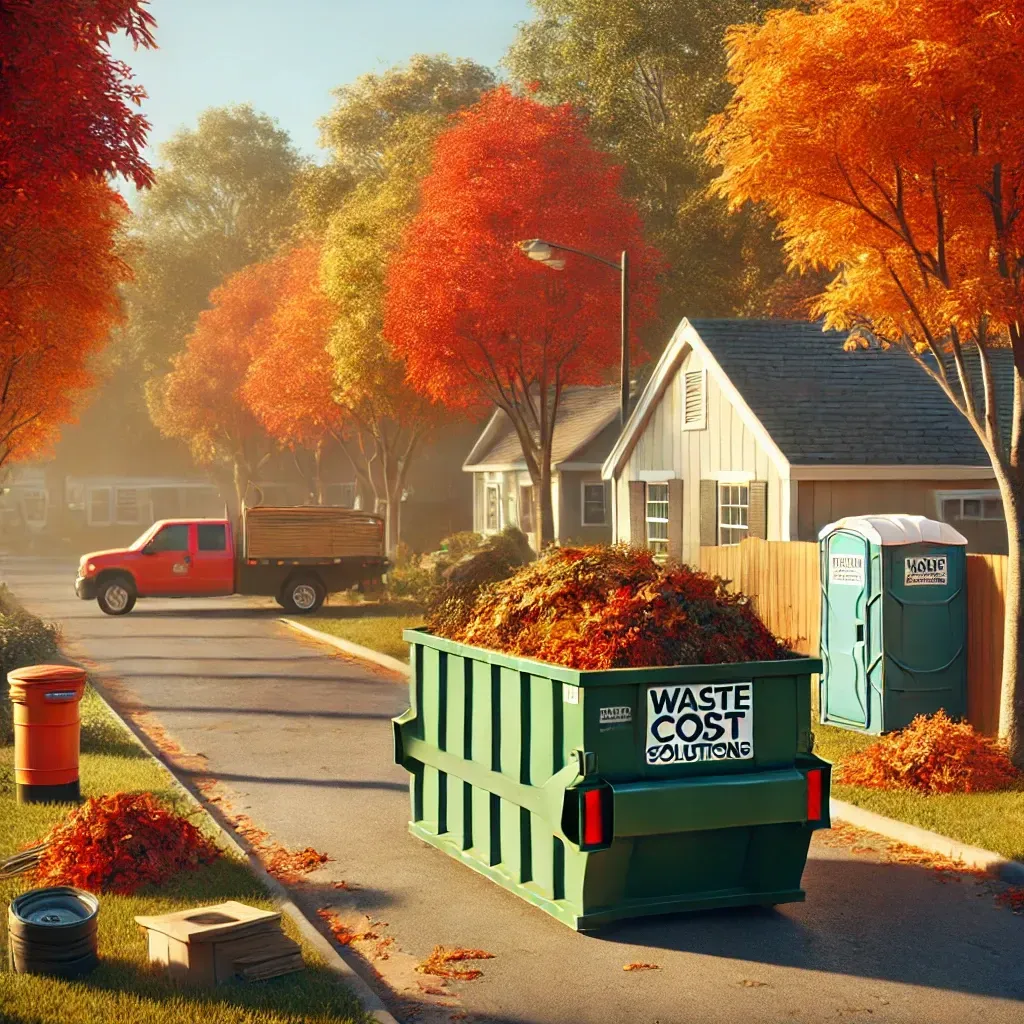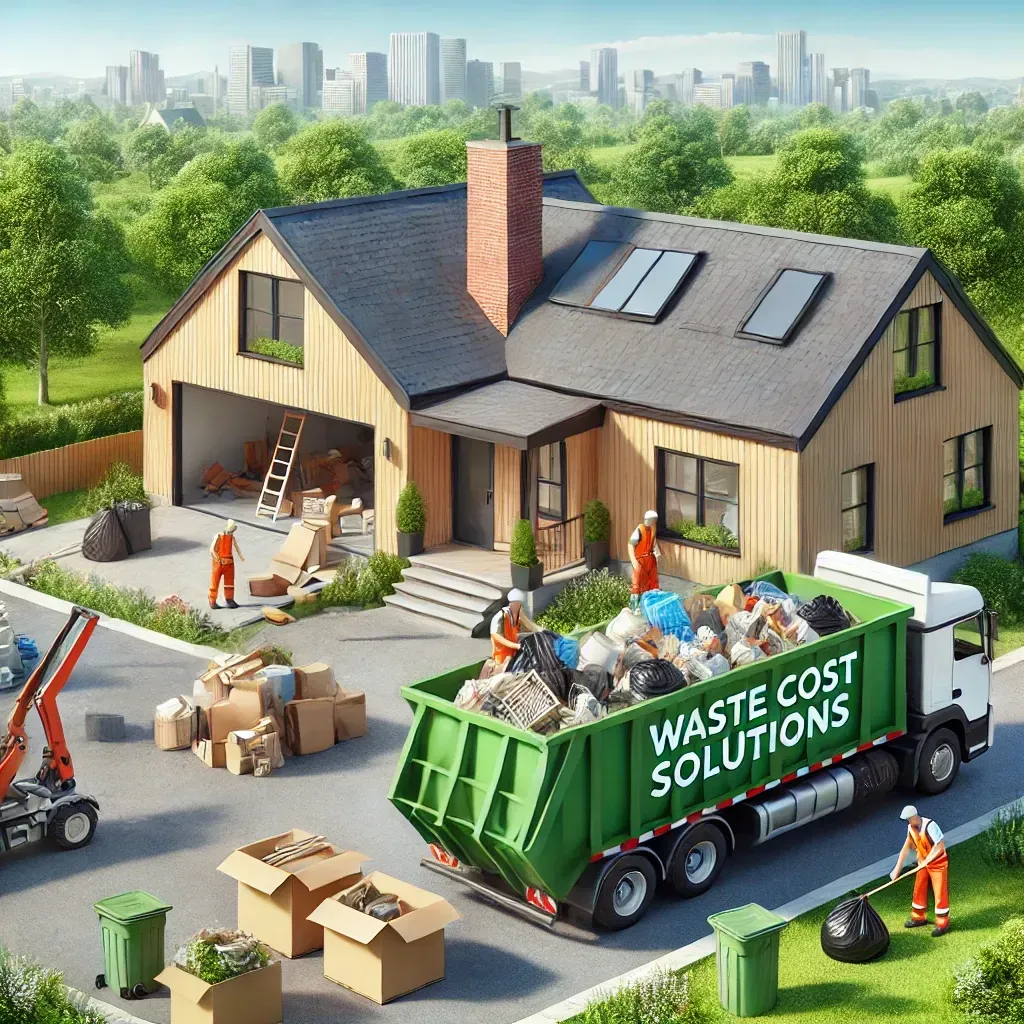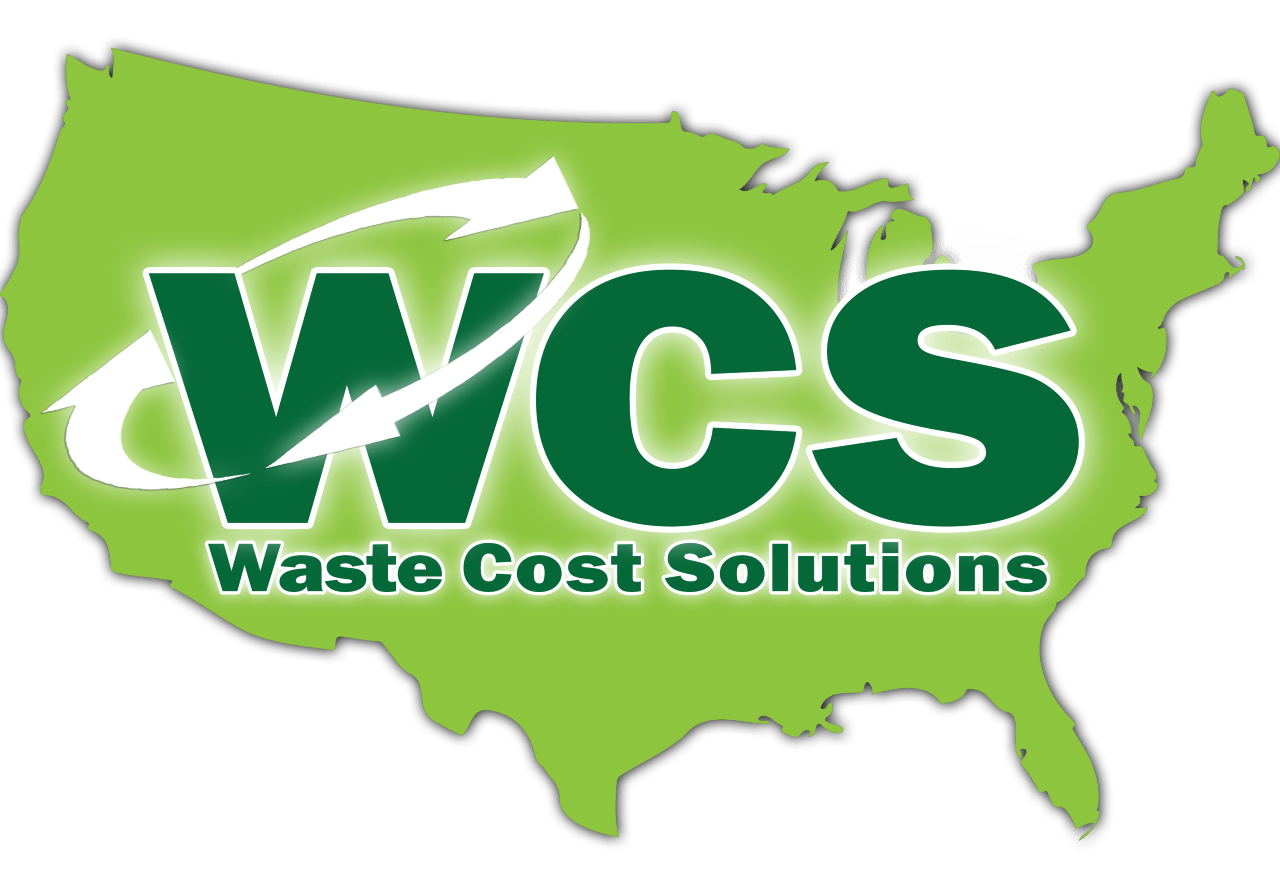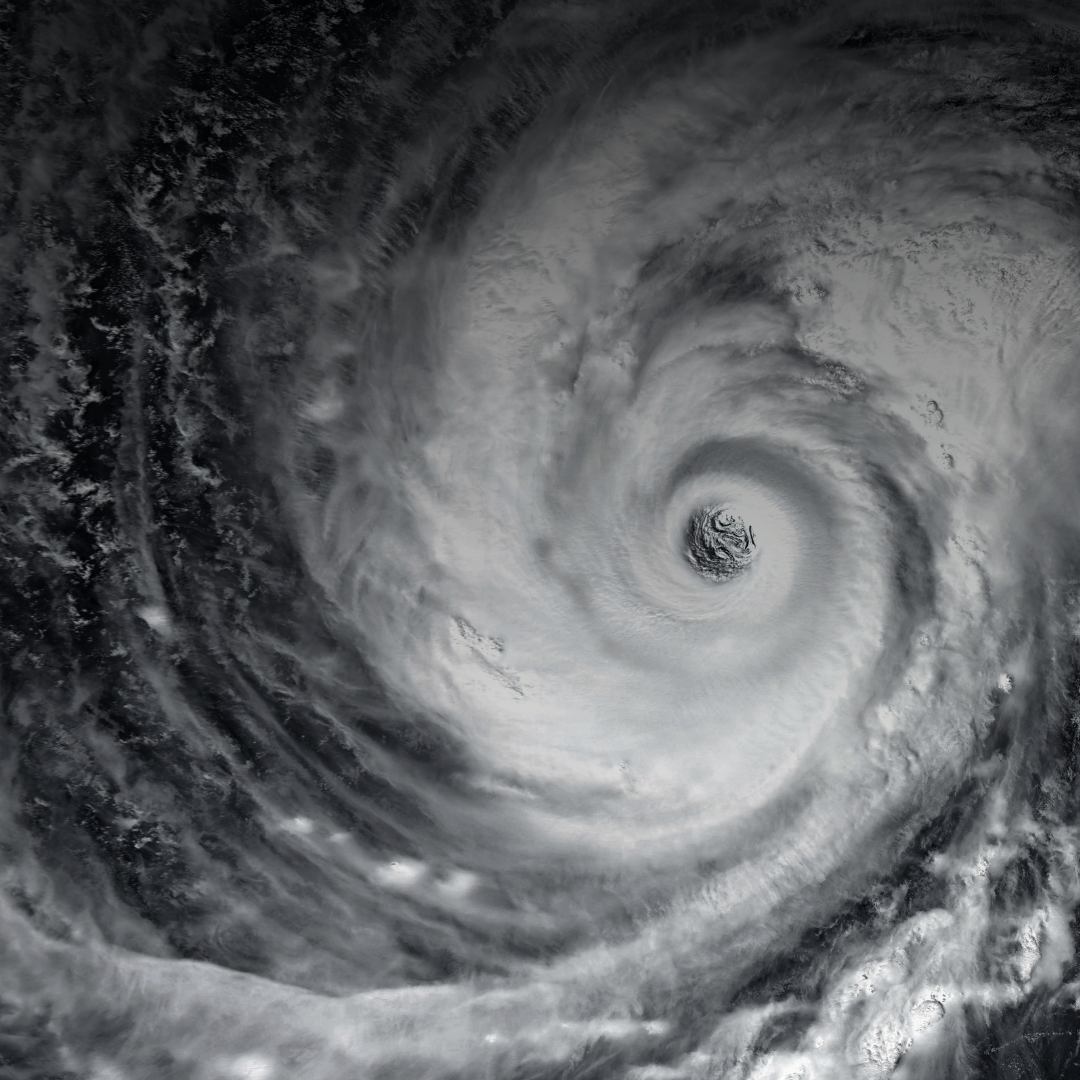Waste Management: What Can You Throw Away?
Waste management can be tricky, especially when you're unsure about what you can and cannot dispose of. At Waste Cost Solutions, we aim to make waste disposal as easy and efficient as possible. This guide will help you understand the differences between general waste, recyclables, and items that require special disposal.
Properly sorting your waste not only ensures that your waste management is smooth but also contributes to a healthier, eco-friendly environment. Let's break down what goes where:
General Waste
General waste includes items that cannot be recycled and do not require special handling. These are the most common types of waste you generate at home or in the office. Here are some examples:
- Food scraps: Leftover food, peels, and other organic materials.
- Non-recyclable paper: This includes napkins, tissues, and other paper products that cannot be cleaned or reused.
- Broken ceramics or glass: While whole glass can often be recycled, broken glass should be carefully wrapped and placed in general waste for safety reasons.
Recycling
Recycling is one of the easiest ways to reduce waste and support the environment. However, it’s crucial to know what items are recyclable to avoid contamination of your recycling bin. Here’s what can typically be recycled:
- Clean paper, cardboard, and magazines: Paper products should be free of food residue or grease.
- Plastic bottles and containers: Make sure to rinse them out to avoid contamination in the recycling process.
- Glass bottles and jars: Similar to plastics, ensure these are rinsed before tossing them into the recycling bin.
By properly sorting recyclables, you help conserve energy and natural resources while reducing landfill waste.
Special Disposal
Some items cannot be thrown away in regular trash or recycling bins due to their hazardous nature or the need for special handling. These items include:
- Electronics: Computers, phones, and other electronic devices often contain harmful materials and should be disposed of at a certified e-waste facility.
- Hazardous materials: Paint, batteries, chemicals, and other hazardous waste must be disposed of safely. Check with your local waste management provider for drop-off locations.
- Large appliances and furniture: These bulky items often require special pickup or drop-off arrangements. Contact your waste disposal provider to schedule a removal service.
Unsure About an Item?
If you’re ever in doubt about what can and cannot be thrown away, feel free to contact Waste Cost Solutions for guidance. We're here to help you manage your waste responsibly. You can also visit our website for a more detailed breakdown of disposal rules.
At Waste Cost Solutions, we’re committed to keeping your waste management efficient and environmentally friendly. Thank you for choosing us to handle your waste disposal needs!
